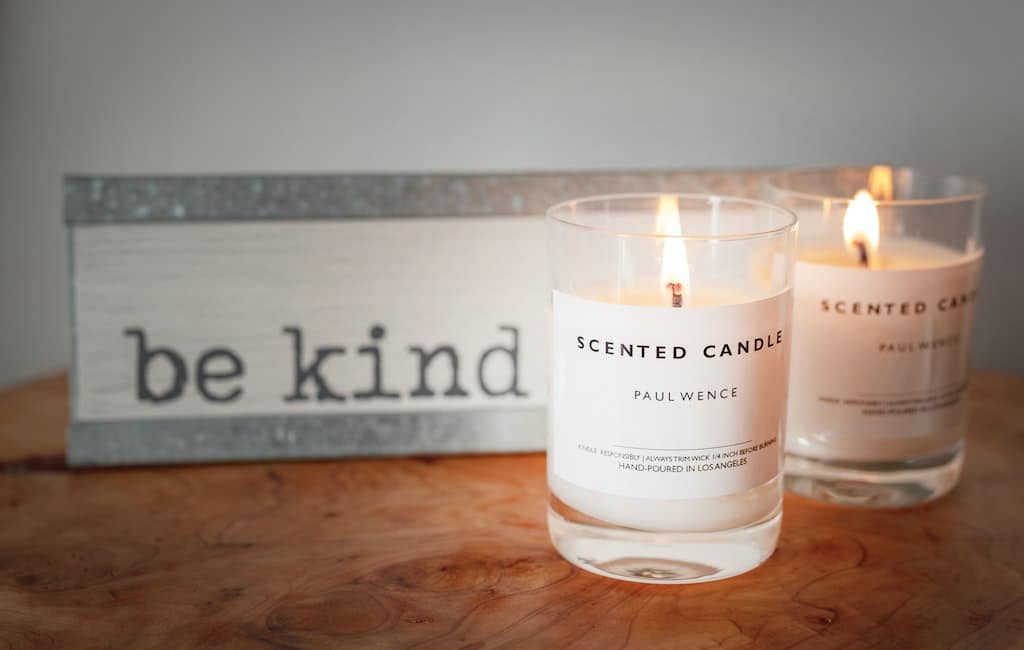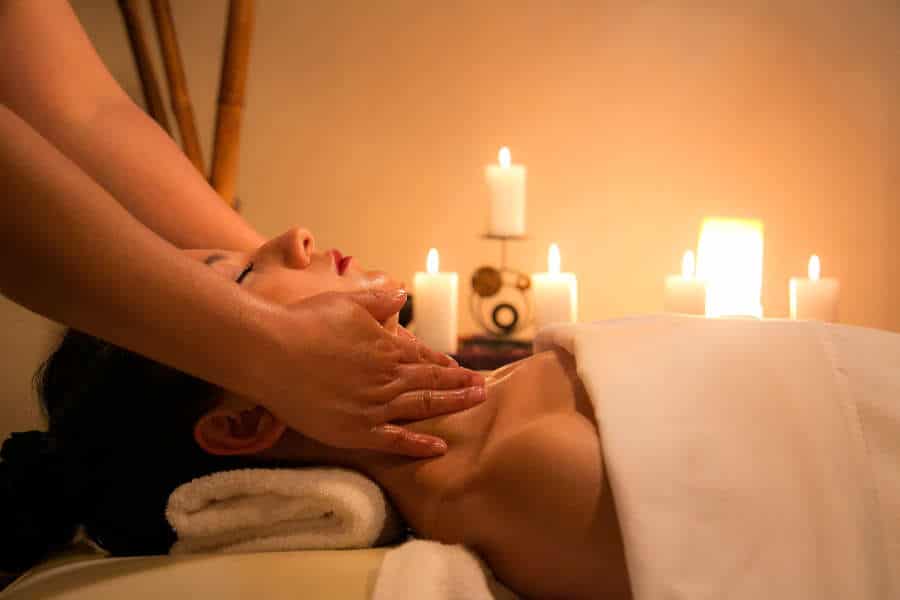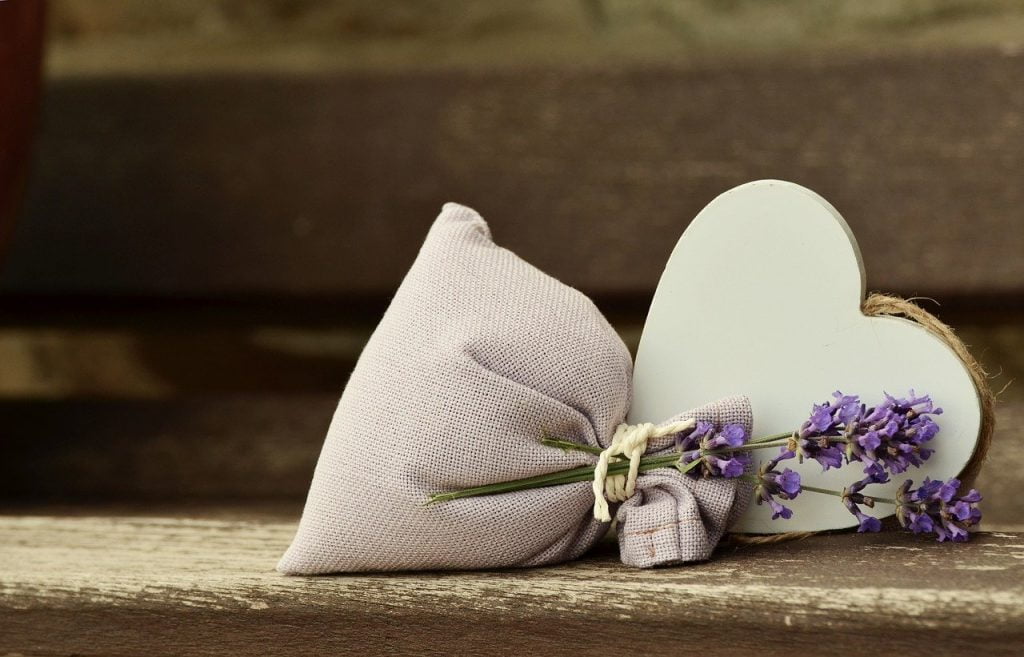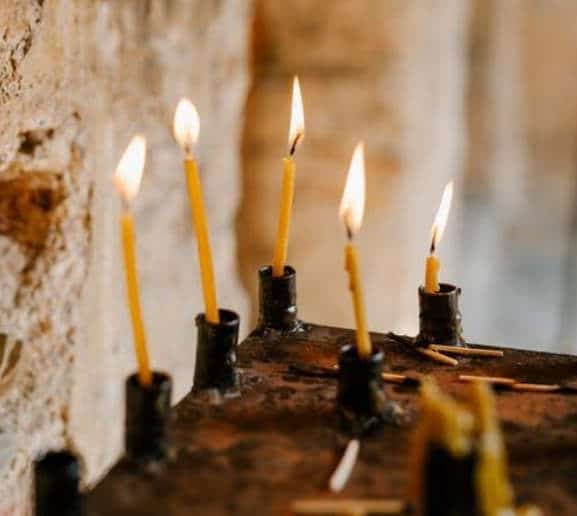Over centuries, mankind has changed (and we may have even evolved, according to science). Gone are the days of hunting and gathering, but the art of candle-making continues to follow almost the same principles.
Candles have abided with humanity for so long that they have also changed with us. Before we discovered electricity and invented the electric bulb, candles were the major tools for illumination. And now that aromatherapy is becoming popular, candles have emerged as one of its most important materials.
THE LONG HISTORY OF AROMATHERAPY
Candles are very old, but scents and fragrances are much older. Fragrances have been in use – actively – for several thousands of years (and even for a lot longer than that). A lot of experts say that fragrances are even as old as the human civilization, even though the word “aromatherapy” had not been coined as a proper term until the 20th century. Nevertheless, people, cultures and civilizations across the earth have been using oils derived from plants – and plants, themselves – in order to combat, treat and cure all sorts of illnesses and diseases which are physical and psychological in nature. Some cultures in the world have even taken it a step further by actively making efforts to study this field, for the sake of the world’s healthcare.
One of the first cultures that made such an attempt is that of Ancient China. Books such as the Yellow Book of Internal Medicine and other ancient writings show that the Chinese people have cultivated their interest in the field of aromatherapy over a long period of time. Some of their efforts can be traced all the way back to 2000 BC. They have also studies several plants and herbs that are of great significance and importance to this illustrious field (i.e. the field of aromatherapy). Incense and essential plant oils are only some of the materials that have been in use by this culture (i.e. the Chinese people) over the course of millennia; and many of their studies and practices even remain till this day (in fact, several other forms of advancements have taken place in the field of aromatherapy by the Chinese people in more recent, modern times).

Other civilizations and cultures that have made significant impact in the aromatherapy include the following:
- Egypt
When essential oils and fragrances are being discussed in history, Egypt immediately comes to people’s minds. This is because Ancient Egypt is one of the civilizations and cultures that have made important strides in this particular field. They have studied and utilized plants from the 1st century, beginning from ancient materials and substances, such as papyrus (which was widely utilized in humanity’s global history). Due to their advanced study and knowledge about papyrus and other types of plants (and plant materials) – and probably because of other reasons too – the Ancient Egyptians are well remembered for their numerous rites, traditions and rituals, which involve the use of fragrances and their related plants. This is especially true about rites that involve the laying to rest of their dead; as many of these fragrances and herbs were used in embalming deceased people in Ancient Egypt. One other thing that makes the Ancient Egyptians stand out in this field of aromatherapy is their penchant for record keeping.
- Rome and Greece
In both Ancient Rome and Ancient Greece, fragrances had very important roles. Some well known individuals from these two civilizations were also known to have advocated for the use of fragrances in the treatment of ailments (e.g. Hippocrates). Also, the use of essential oils in the treatment of injuries and the reduction of inflammation is something that was very well-known and widespread at the peak of both civilizations.
The Romans took things a step further by making use of essential oils for the creation of massage oils which were used in the treatment of skin diseases and for use in makeup.
Apart from the above civilizations, aromatherapy also has long histories in Africa and other cultures in parts of the world such as India, Asia and Europe.

THE USE OF CANDLES IN AROMATHERAPY
The widespread usage of candles in aromatherapy is a fairly recent phenomenon as far as the long history of aromatherapy goes. This is because they became trendy not too long ago, and made their make in the candle making industry; thereby managing to bring back candles, following its decline in the 19th century (after electricity was discovered and the electric light bulb was invented). The growing popularity of scented candles increased the global interest in candles as a whole, and ended up skyrocketing candle sales worldwide.
However, scented candles are not just hype. They have proven themselves to be fairly useful tools that are more than equal to the task; by being particularly useful in the treatment and alleviation of stress and in the treatment of other mental, emotional and psychological issues such as anxiety.
CANDLES THAT MAKE YOU SLEEP IN 2023
Candles are used in aromatherapy for different reasons, one of which is to aid proper sleep. And as we step from the past, into the future, it is important to know which type of candles can be used to improve sleep in 2023.
One important thing to note is that a lot of these scents have actively been in use for several thousand of years, and they still remain effective today, and are guaranteed to remain functional as we move into the future (we’re talking 2023 and beyond).
So, if getting adequate and proper restful sleep is one of your goals for the new years, you should invest in candles that have the following scents: lavender, sandalwood, jasmine, chamomile, rose etc.
These fragrances are great for improving sleep because they contain natural volatile materials that make them effective in calming people’s nerves and relaxing them; therefore aiding a proper night’s sleep. They also have a great reputation – particularly when they are derived from natural essential oils and real natural plant bases – that have been tried and tested for millennia.




